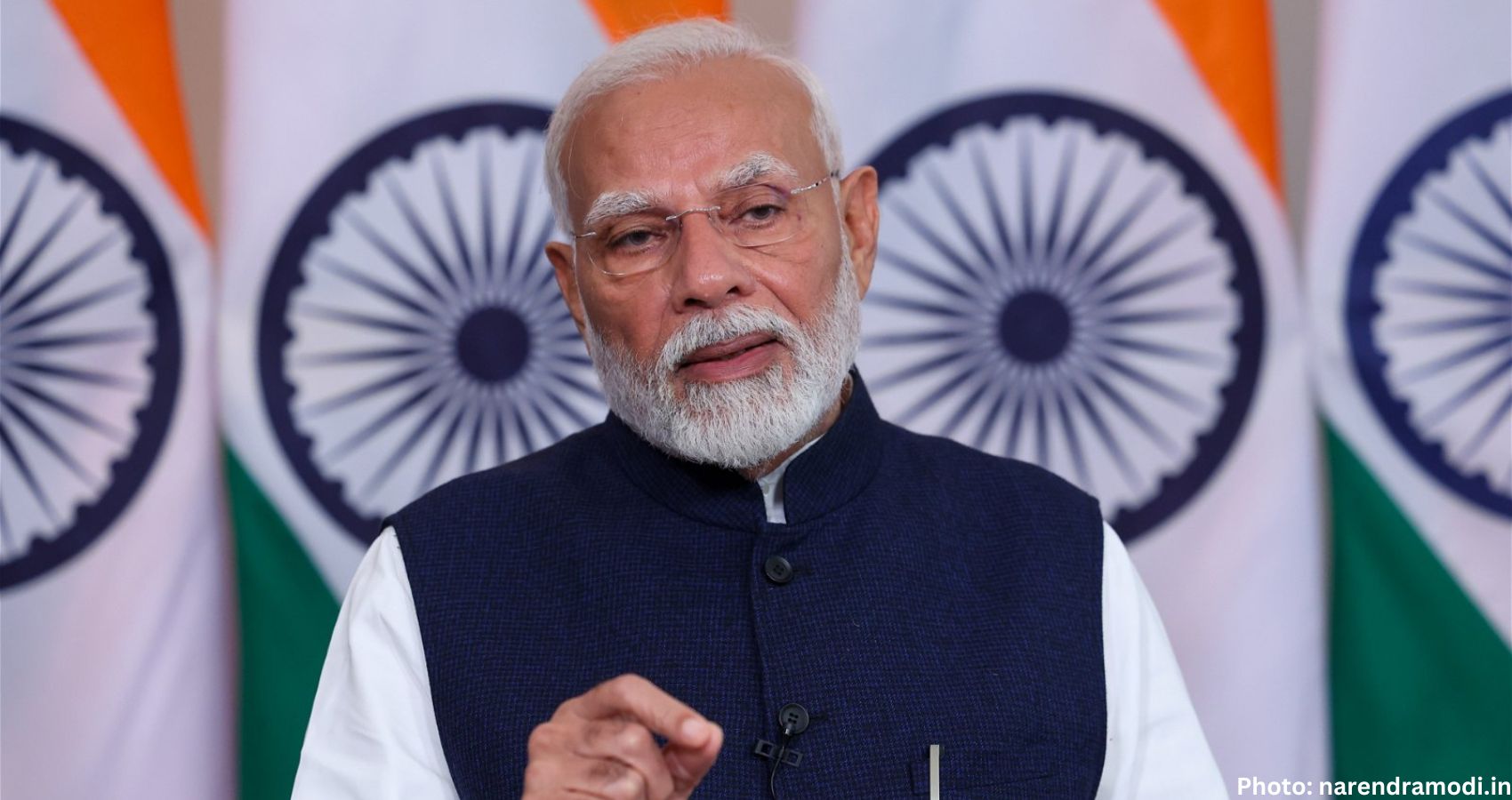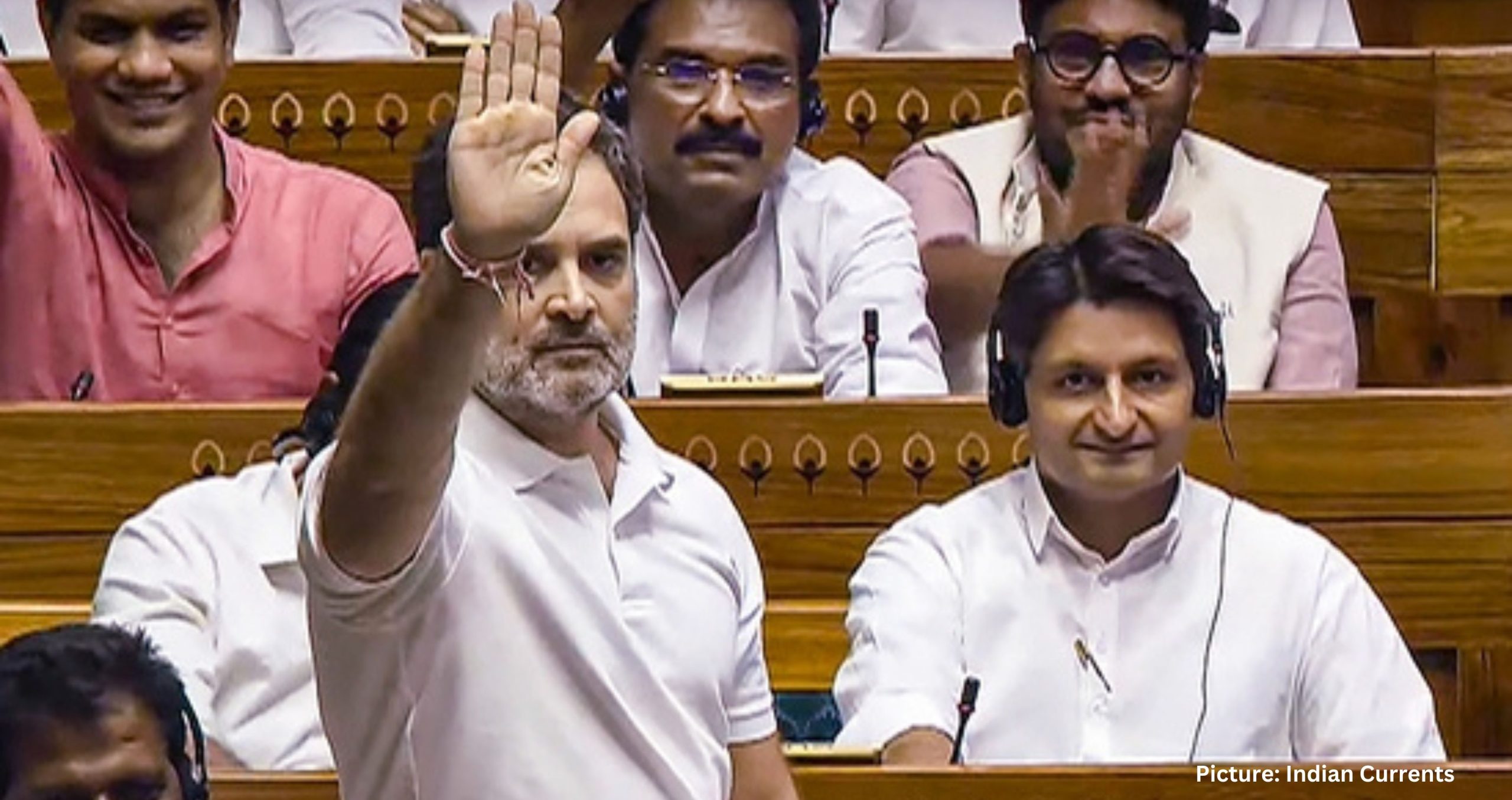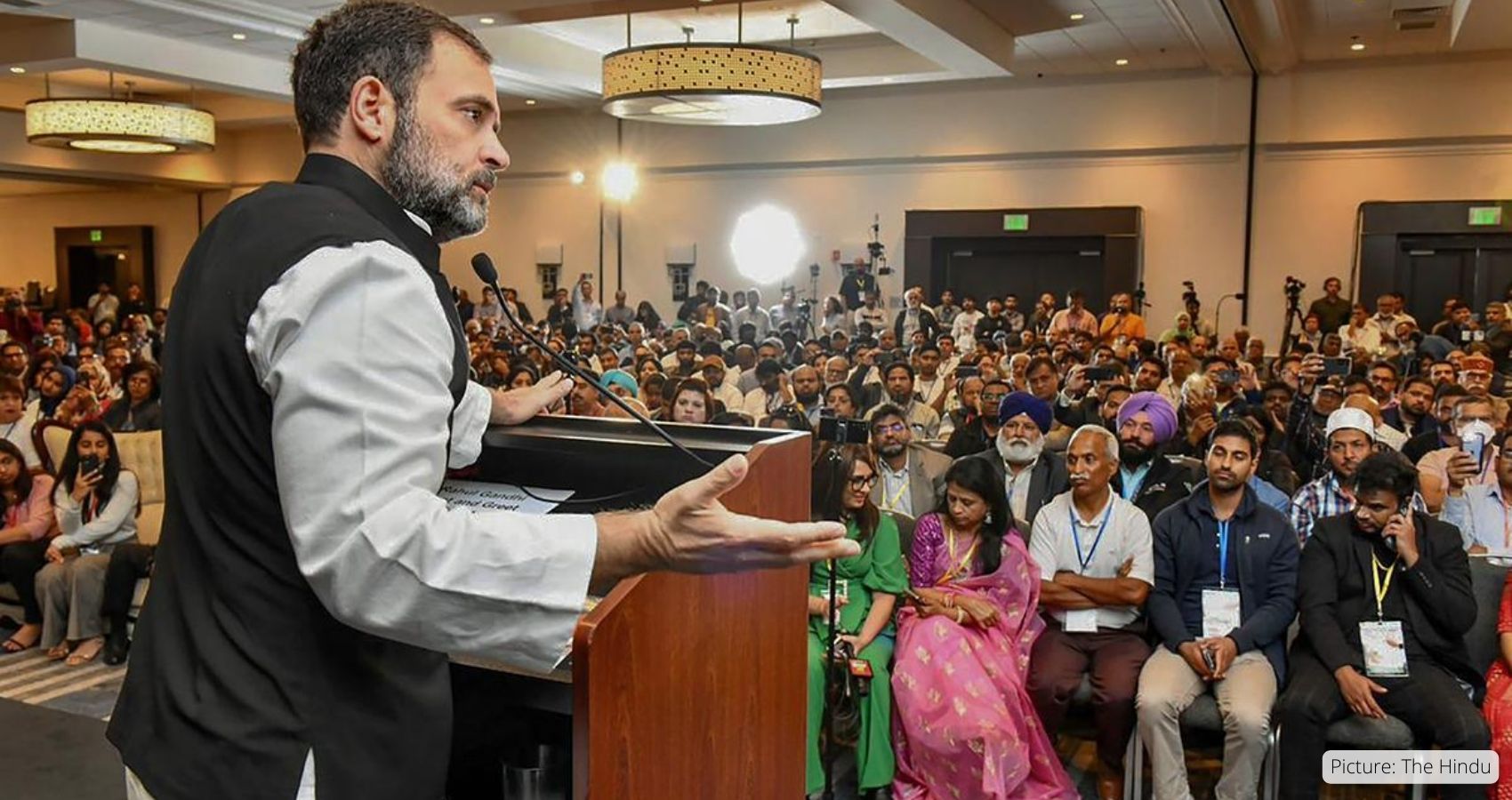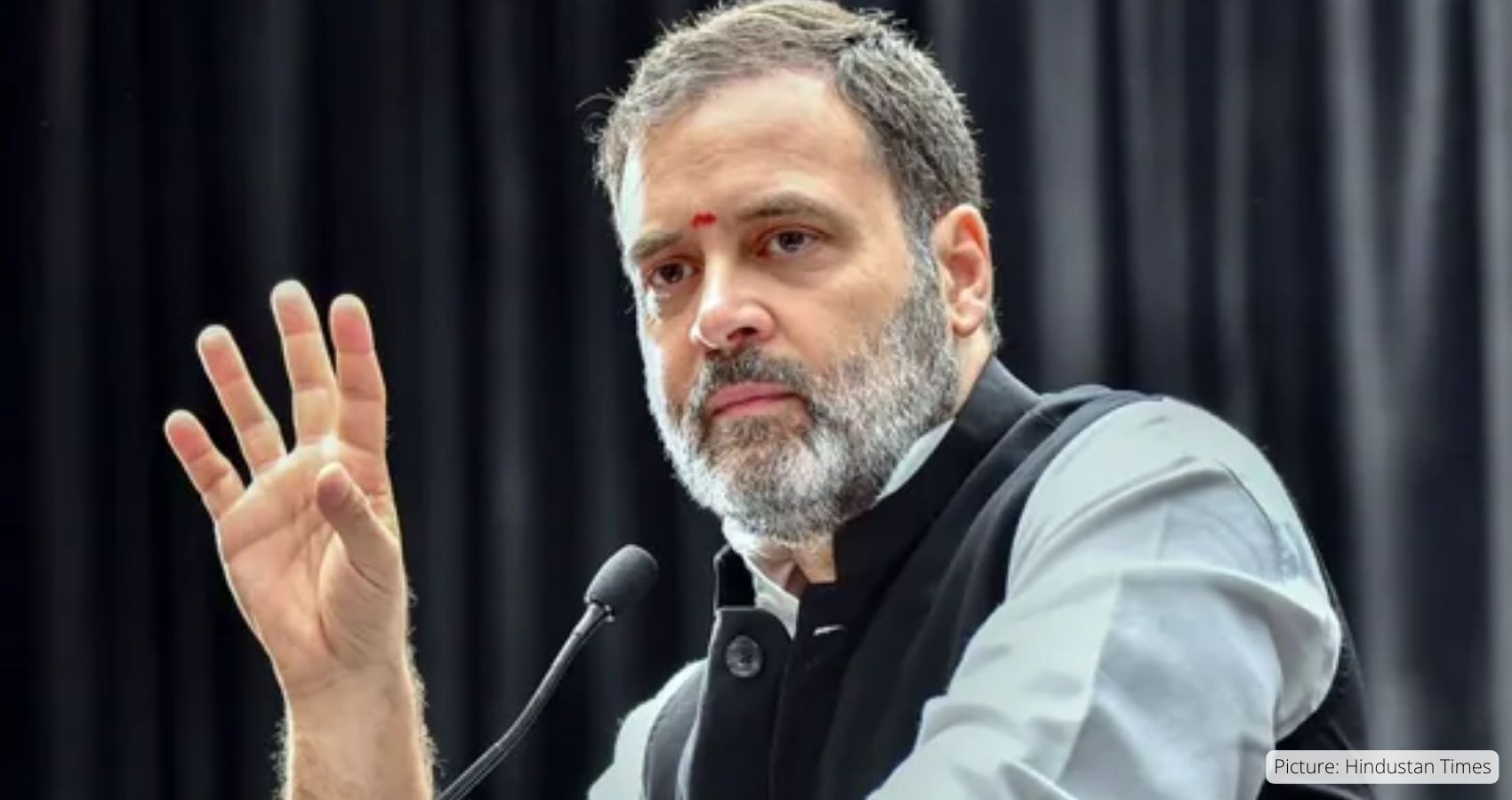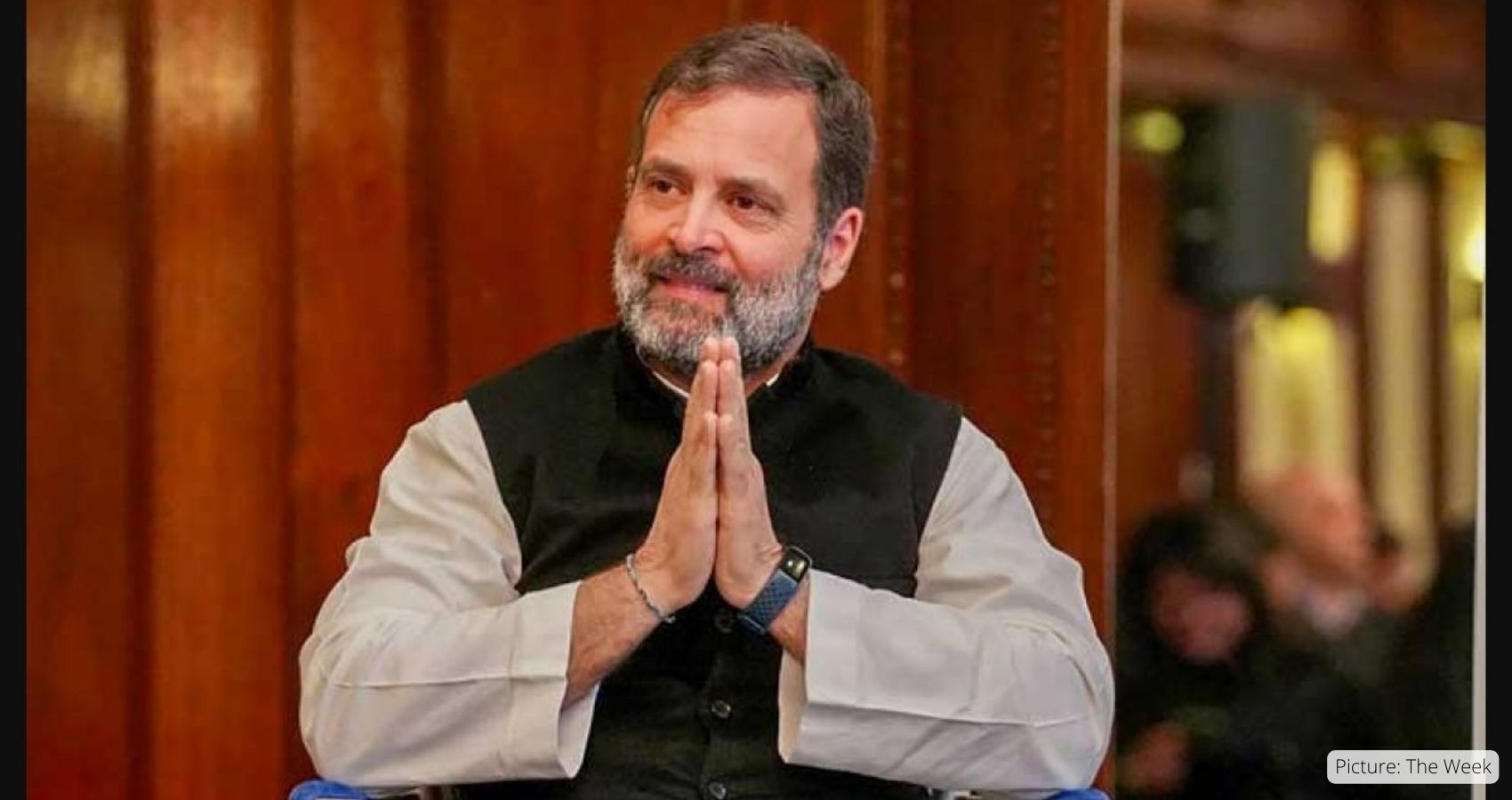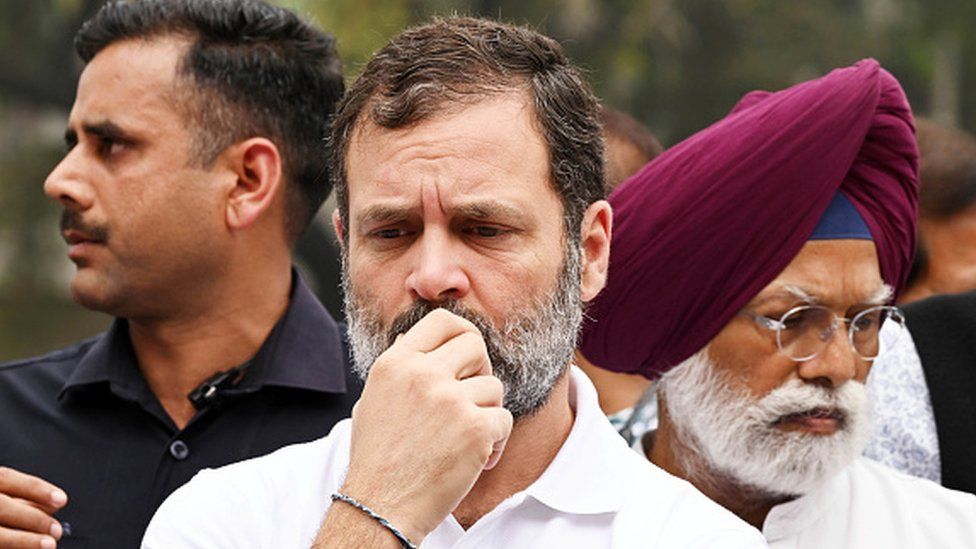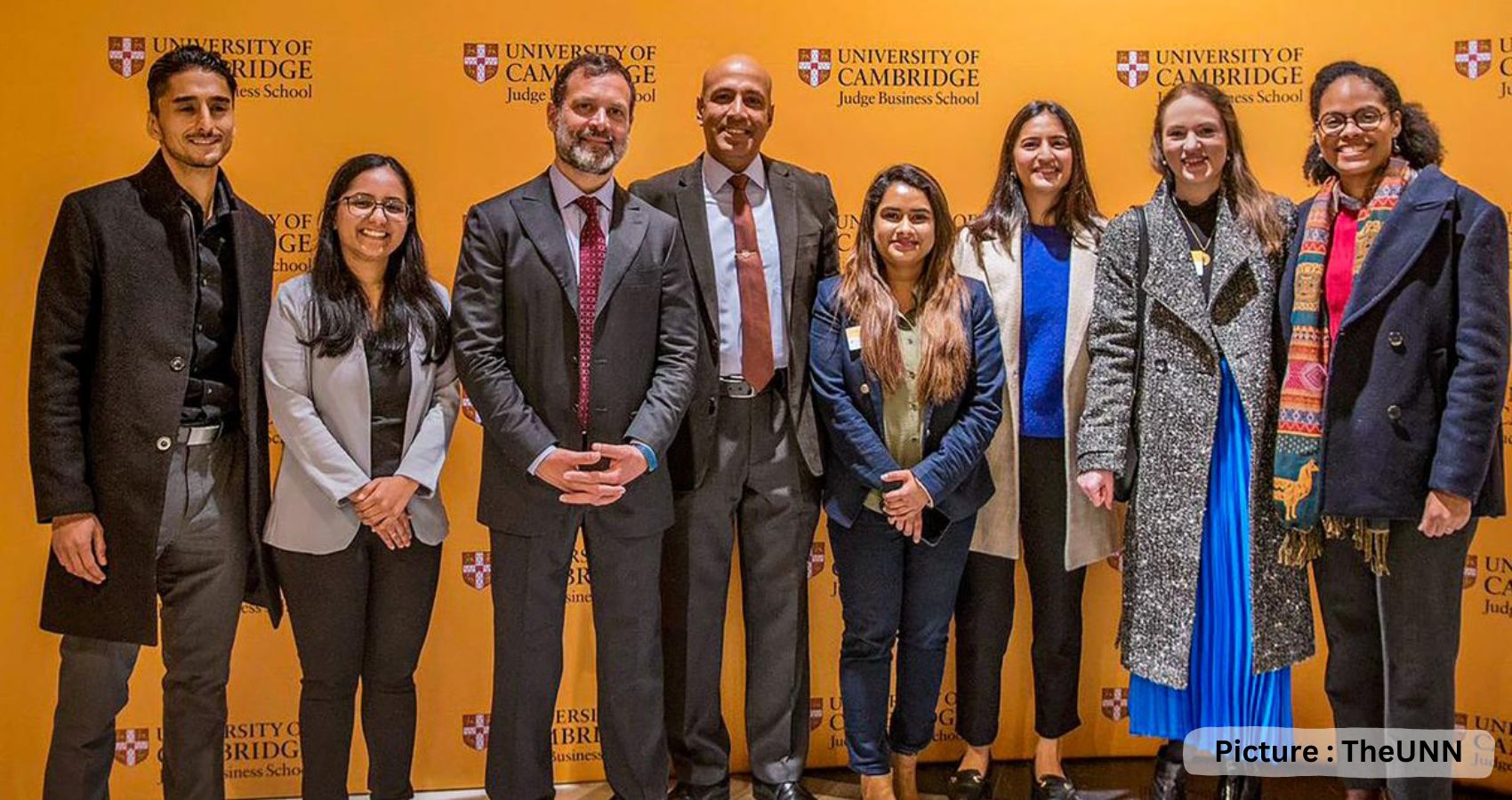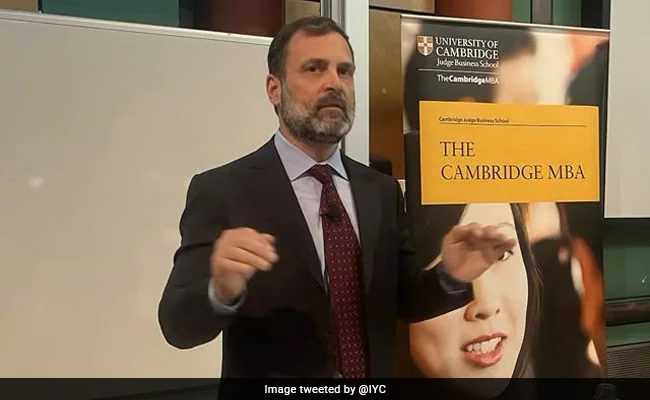The Narendra Modi government’s first Budget after returning to power for a third consecutive term reflects the new political landscape following the Lok Sabha elections. The BJP’s reliance on coalition partners due to the lack of a majority and the realization that unemployment and rural distress likely contributed to the party’s Lok Sabha tally dropping from 303 to 240 influenced the Budget.
Opposition leader Rahul Gandhi highlighted this in his response to the Budget, noting its resemblance to the Congress’s Lok Sabha election manifesto. Gandhi tweeted, “Kursi Bachao Budget. Appease Allies: Hollow promises to them at the cost of other states. Appease Cronies: Benefits to AA with no relief for the common Indian. Copy and Paste: Congress manifesto and previous budgets.”
A significant focus of the Budget was on jobs and youth. In contrast to the interim budget before the elections, where “employment” was mentioned seven times and “job” once, Finance Minister Nirmala Sitharaman’s Budget speech mentioned “job” and “employment” a total of 42 times, including three “Employment Linked Incentive” schemes and internship opportunities for one crore youths over five years. The Opposition sees this as a political win, given their emphasis on unemployment during the elections.
Sitharaman also prioritized MSMEs, referencing them 21 times in her speech, which the Congress quickly noted as another key issue during the elections. Another focal point was farmers, though the Budget offered little for them apart from promises of “109 new high-yielding and climate-resilient varieties of 32 crops” and initiation of “1 crore farmers” into natural farming.
The Modi government’s Budget also showcased its alliance loyalties. For Andhra Pradesh, there was a section on the Andhra Pradesh Reorganisation Act, with promises of financial support for the development of Amaravati, a project favored by BJP ally TDP. Bihar received proposals for financial and industrial support to sustain the political fortunes of the BJP’s other major partner, JD(U).
Reacting to the Budget, the Congress claimed the Modi government borrowed ideas from its Lok Sabha poll manifesto, starting with the scheme to provide internship opportunities to youth. The Congress manifesto had promised a “right to apprenticeship programme,” which Rahul Gandhi had referred to as the “Pehlinaukripakki (guaranteed first job)” scheme. The Congress’s plan included a one-year apprenticeship with a private or public sector company for diploma holders or college graduates under 25, ensuring earnings of up to Rs 1 lakh a year.
Congress communications head Jairam Ramesh tweeted, “The Finance Minister has taken a leaf out of the INC’s Nyay Patra 2024, with its internship program clearly modeled on the INC’s proposed Apprenticeship Program… However, in their trademark style, the scheme has been designed to grab headlines, with arbitrary targets (1 crore internships) rather than a programmatic guarantee… like the Indian National Congress had envisioned.”
Another Congress promise was to create a new employment-linked incentive (ELI) Scheme for corporates, aiming to reform the production-linked incentives (PLI) scheme to target sectors that can create thousands of jobs. The Congress’s manifesto included introducing an ELI Scheme for corporates to win tax credits for additional hiring against regular, quality jobs. The Budget’s announcement of three employment-linked schemes, including one where the government will provide one month’s wage to new workforce entrants, was similar to this.
Additionally, the Budget’s promise to set up working women hostels to promote their workforce participation echoed the Congress manifesto. The Congress had proposed doubling the number of working women hostels in partnership with state governments. The Congress also claimed credit for the Budget proposing the abolition of angel tax for all investor classes, a measure they had pledged to eliminate in their manifesto.
The Congress saw the announcement of a critical mineral mission as a reflection of its promise to launch a strategic mining program for rare earths and critical minerals, aimed at increasing mining’s share of GDP to 5% and creating 1.5 crore jobs. Senior Congress leader P Chidambaram, at a post-Budget press conference, identified unemployment as “the biggest challenge facing the country” and called the government’s response “too little.” Accusing the BJP of yielding to allies TDP and JD(U), he said, “Mr Modi is saving the life of his government.”
Chidambaram remarked on the “parallels” between the manifesto and the Budget, expressing regret that more Congress ideas weren’t adopted. Surprisingly, the Budget was largely silent on poll-bound Maharashtra, Haryana, and Jharkhand, despite the importance of these upcoming Assembly elections.
BJP leaders from Maharashtra and Haryana expressed disappointment over the Budget’s lack of focus on their states. A BJP leader feared the Opposition Maha Vikas Aghadi (MVA) might use this to target the party, making hopes of wooing Uddhav Thackeray from the MVA seem unlikely.
Two alliance leaders described the Budget as “disappointing” and “embarrassing,” though officially, Maharashtra CM Eknath Shinde of the Shiv Sena and LJP first-time MP Shambavi Choudhary praised the Budget. Choudhary noted that the government had “heard the voices of Bihar and Andhra Pradesh on special category status.”
CPI(M) MP John Brittas criticized the Budget for failing to address the concerns of Andhra Pradesh and Bihar effectively, remarking, “All of a sudden, eastern corridors have been redrawn to stretch them to Andhra Pradesh since power in Delhi runs through there.”

